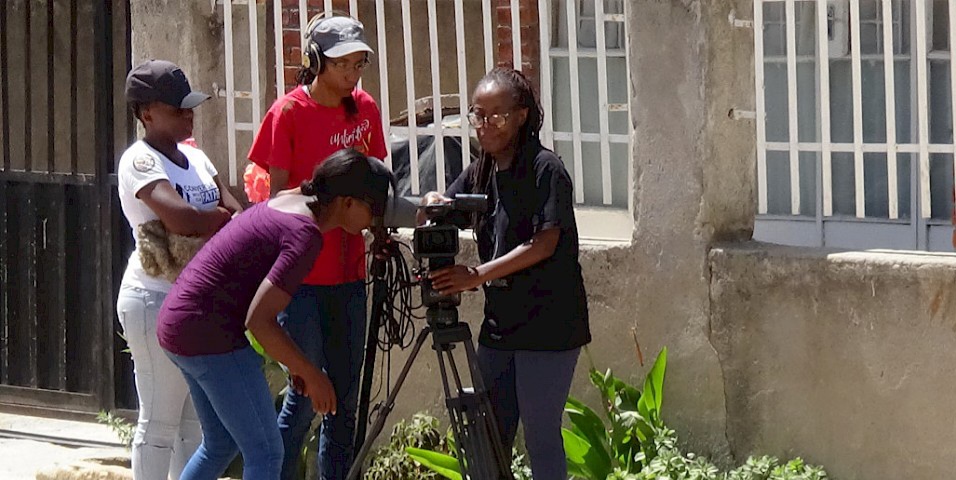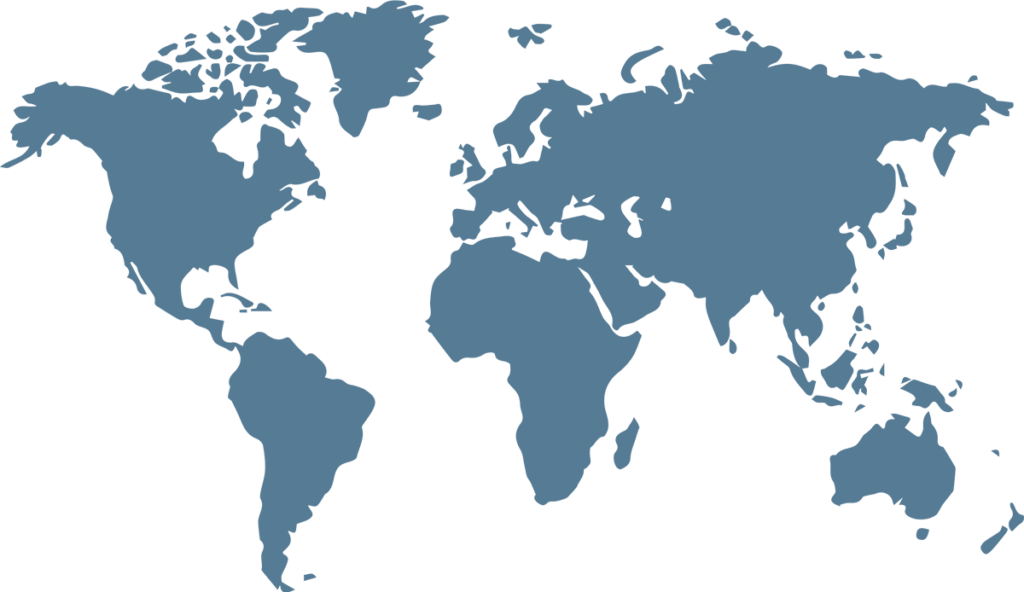By Amanda Ellen Nicola Jojo
At its most ultimate essence, film is a depiction of the socio-economic status of people within various communities and the world at large. Film, including all kinds of moving image content – is the most powerful medium on earth. Because of its moving, visual element, it mimics life, and the human’s primitive brain picks this up as real.
With the aim of promoting women’s issues and lives, as well as an explanation of women to the male community, encouraging male champions to tolerance and understanding, the Institute of Creative Arts for Progress in Africa (ICAPA) Trust host the International Images Film Festival For Women (IIFF).
This is an annual festival held in Harare and an exhibition platform for films that portray a woman in at least one major role. The festival in its 20th year was held from the 24th to the 27th of November 2022.
“This year’s festival was on a smaller scale than usual because after a two-year hiatus, much has changed, including a change of personnel and a shift in the direction of donor funds.
“The festival has mainly had to depend on relationships from cultural partners such as the embassies of the United States, France, and Spain to sponsor closing and opening ceremonies as well as host film screening receptions,” said Ruth Masiyambiri Communications Officer of ICAPA.
The festival ran under the theme, “Women at Crossroads” which was inspired by the adverse impact of COVID-19 which led to an acute rise of domestic violence and other socio-economic effects. The theme encouraged women to choose to secure a dignified and sustainable life.
“Here in Zimbabwe, where many women are in the informal sector where they work as vendors, their work was interrupted due to pandemic regulations, and their ability to fend for their families was threatened. Such effects will not automatically disappear now that the pandemic is over.
“The theme was a question on the path women have to take now? Will it be a path that reverses the losses of the pandemic and leads to more gains for women, or will it be a path that results in further losses? In most African societies a ‘crossroads’ is a place of great significance in the life of someone. It is a place of decision-making as there are options to choose from when one comes to that point. The films at the festival reflected that in more than one way,” Masiyambiri explained.
Speaking on the significance of the festival she said: “IIFF is a film festival that shows engaging films, that is also a platform for interrogative discourse where the films make people look at the issues women face through the lens of the camera, “she said.
IIFF is also forging relations with other African women filmmakers and engaging in cross-cultural collaborations with their partner Internationales Frauen FilmFest Dortmund Cologne.
“This allows cross-cultural and inter border collaborations. Lastly, it gives female filmmakers, both on-screen and behind-the-scenes an opportunity to share their work. Women are still underrepresented in the film industry and events like these give them much-needed exposure to demonstrate their abilities and get recognition from industry peers,” she highlighted.
Zimbabwe is generally operating in a tough economic climate, and this has posed a negative impact on the film industry Masiyambiri is of the view that this has been catastrophic for an industry that has generally been neglected.
“The cultural industries have never been seriously supported by the government enough to invest in them. Most money for filmmaking comes from development partners and this means that the films being made are films around a certain agenda for example societal justice. This affects the quality and type of films produced making it very difficult for the country to compete with other offerings on the continent.
“In addition, most filmmakers are independent and produce films from their meagre earnings or very scarce resources, and selling their films is a challenge because we do not have organised distributor channels, with the government owning the televisions stations in one way or another, while the piracy is rife in the market,” she lamented.

